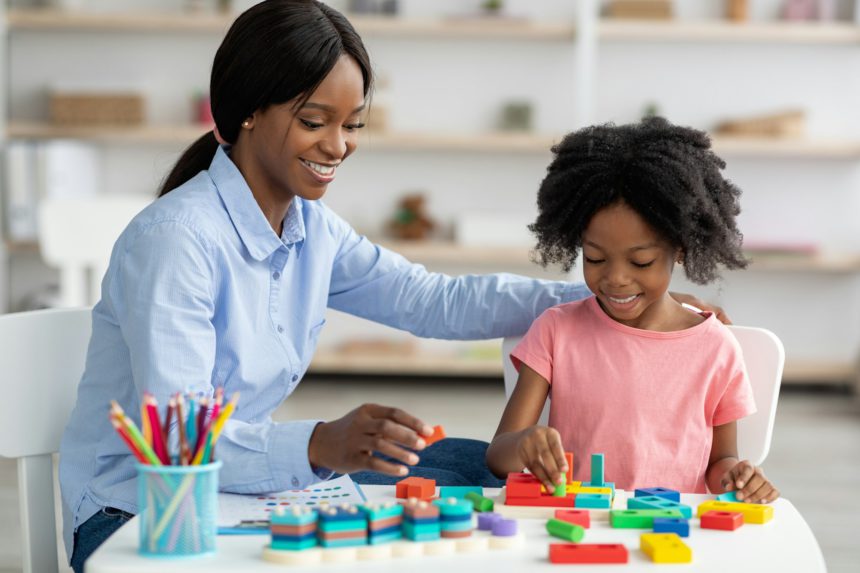The game is an essential activity in the development of children, having a crucial role in the development of social skills. Through the game, children have the opportunity to interact with other children, learn to cooperate, negotiate and express their emotions. The game also helps them develop their imagination, creativity and cognitive skills.
Psychologists argue that gambling is a natural way for children to develop their social skills. Through the game, children learn to take on roles and value their communication and cooperation skills. The game also offers them the opportunity to learn to control their emotions and express their thoughts and feelings in an appropriate way.
Developing social skills by playing involves interacting with other children and the environment. Children learn to develop empathy, to understand the views ofand to negotiate their needs and desires. The game also teaches them to respect the rules and accept failure or success in an appropriate way.
How children’s social interactions influence the game and how it can be used for educational purposes
The game has a significant impact on children’s social interactions. Through the game, children learn to communicate and interact with other children in an appropriate way. The game helps them develop their listening, speaking and expressing skills of their own thoughts and feelings.
The game also offers children the opportunity to learn how to collaborate and work in the team. Through role-playing or building games, children learn to share responsibilities and coordinate their actions to achieve a common goal.
The game can be used actively for educational purposes. Educators can create gaming activitiesdeveloping children’s social skills. For example, role-playing games can be used to teach children to assume different roles and to exercise their communication and cooperation skills. Team games can be used to develop collaborative and action coordination skills.
Play as a tool for developing social skills and communication with children: practical advice for parents and educators
For parents and educators, the game can be a valuable tool in developing children’s social and communication skills. Here are some practical tips to use the game for this purpose:
- Give children ample opportunities for free play. Let them choose their own gaming activities and develop their creativity and imagination.
- Organize group games and team activities. These provide the opportunity for children to learn how to work together,share responsibilities and coordinate their actions.
- Get involved in children’s games. Play with them and give them examples of proper behavior during the game.
- Use role-playing games to learn children’s social skills. Play different roles and help children exercise their communication and cooperation skills.
- Encourage children to express their thoughts and feelings during the game. Listen carefully and give them positive and constructive feedback.
By using the game as a tool for developing social skills and communication, parents and educators can contribute to the formation of more empathetic, cooperative and trusting children in social interactions.
